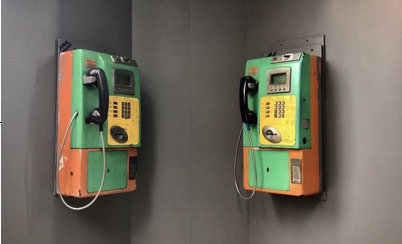Quebec’s luxury economy thrives in digital revolution
Tashi Farmilo
As luxury brands worldwide embrace the growing power of e-commerce, Quebec finds itself uniquely positioned in this transformation. The province’s blend of heritage craftsmanship and digital innovation is helping it adapt to a rapidly evolving market.
According to the Digital Luxury Report: Top Luxury Brands in Online Sales 2024 by the Luxonomy Group, the global online luxury market is projected to reach $75 billion in 2024, a 15 per cent increase from $65 billion in 2022. Quebec’s role in this dynamic market highlights how regional strengths can integrate with global trends.
Millennials and Generation Z are driving the shift, redefining luxury to emphasise not only exclusivity but also accessibility, sustainability, and personalised experiences. The report underscores that these younger generations are responsible for the lion’s share of e-commerce growth. In Quebec, this trend is reflected in both consumer demand and local brands' increasing adoption of online platforms to meet these expectations.
The COVID-19 pandemic acted as a turning point for the luxury sector, accelerating the adoption of digital sales. Globally, e-commerce accounted for 20 per cent of total luxury sales in 2020; by 2024, this figure has risen to 35 per cent. Quebec’s luxury retailers, quick to adapt, upgraded their online platforms to replicate the bespoke service and exclusivity of physical boutiques. For example, some have incorporated virtual fitting rooms and live-streamed fashion events, inspired by the findings highlighted in the Luxonomy Group’s analysis.
However, this digital transformation presents challenges. The report points out that maintaining the exclusivity that defines luxury is particularly difficult online, where products risk becoming too accessible. Quebec brands, many of which are steeped in artisanal traditions, have employed strategies like limited-edition online collections to preserve their mystique.
Another key challenge is combating counterfeit goods, a persistent problem in e-commerce. Luxonomy’s report emphasises the necessity of robust security measures, with many luxury brands adopting technologies such as blockchain to ensure the authenticity of their products. For Quebec artisans, whose reputations hinge on quality and provenance, these safeguards are crucial.
Quebec’s unique position as a hub of craftsmanship and creativity has also contributed to its success in the digital luxury market. Local brands, such as m0851, known for its handmade leather goods, and Partoem, celebrated for its origami-inspired luxury accessories, have successfully merged tradition with modern e-commerce. In the realm of fine beverages, producers like Vignoble de l’Orpailleur and Domaine Les Brome showcase Quebec’s celebrated ice wines, which have garnered international acclaim for their exceptional quality and authenticity. These high-end leather goods, bespoke jewelry, and artisanal wines are now showcased globally through sophisticated online platforms, drawing attention to the province’s rich cultural heritage and innovative spirit.





